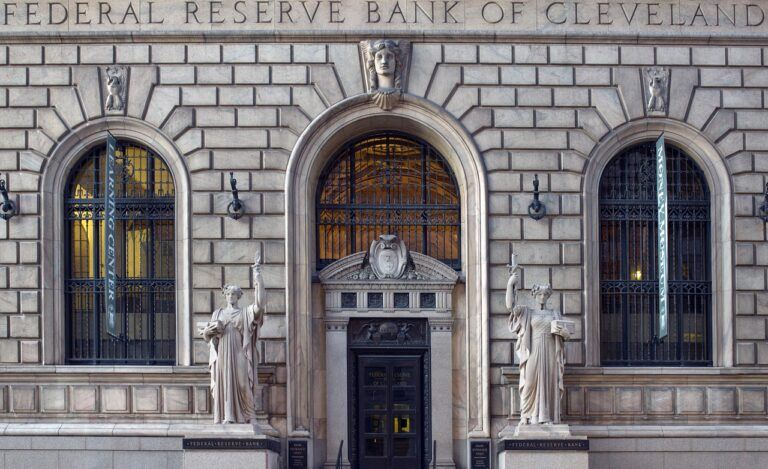Aleksander Berentsen, a research fellow at the Federal Reserve bank of St. Louis, and his colleague, Fabian Schar, have authored a paper in which they acknowledged it was easy for central banks to create their own cryptocurrency.
“However, the key characteristics of cryptocurrencies are a red flag for central banks,” the researchers noted. The paper, titled “The Case for Central Bank Electronic Money and the Non-case for Central Bank Cryptocurrencies” explained that it is imperative for law enforcement purposes that the identities of people involved in financial transactions be known publicly.
Preventing Financial Crimes
In order to prevent financial crimes such as those involving drug trafficking, terrorism, and money laundering, police officials must be able to easily identify the sender and receiver of monetary transactions. If a bank were to create a truly permissionless, blockchain-based cryptocurrency, then it would not be easy to determine the identities of the individuals involved in transactions. This means it would not make much sense for central banks, which are controlled by centralized governments, to develop their own pseudonymous cryptocurrency, the researchers argued.
More than likely, a central bank-issued digital currency would not be a decentralized or peer-to-peer (P2P) money transfer system, but rather a centrally managed form of electronic money. Therefore, the researchers asserted that creating a “‘Fedcoin’ or any other central bank cryptocurrency is somewhat naïve.”
Moreover, “the technology for issuing virtual money in a centralized way existed long before the invention of the blockchain”, the research paper explained. In May 2018, Lael Brainard, a Federal Reserve Board governor, stated that central bank digital currencies (CBDCs) would not be useful as virtual currencies have proven to be highly volatile. As such, they are unable to function effectively as a medium-of-exchange (MoE) or a store-of-value (SoV), Brainard noted.
IMF Head: All Banks Should Consider Launching A Cryptocurrency
Her comments came during the Decoding Digital Currency Conference held in San Francisco. Although Brainard was critical of CBDCs, she did seem impressed by blockchain technology and its ability to improve the efficiency and transparency of various business processes.
While the US Federal Reserve may not be considering developing its own cryptocurrency, it’s possible that the central banks of other nations might launch their own digital currency. As CryptoGlobe reported in November, Christine Lagarde, the head of the International Monetary Fund (IMF), had said that all financial institutions should seriously consider exploring the feasibility of issuing their own virtual currency.
Lagarde, an experienced French politician and lawyer, had said that blockchain technology is “safe, cheap, and potentially semi-anonymous”, and that central banks could benefit from using cryptocurrencies as they might help “supply money to the digital economy.” She added that digital money could promote economic and financial inclusion, as a large percentage of the world’s population still doesn’t have access to modern banking services








